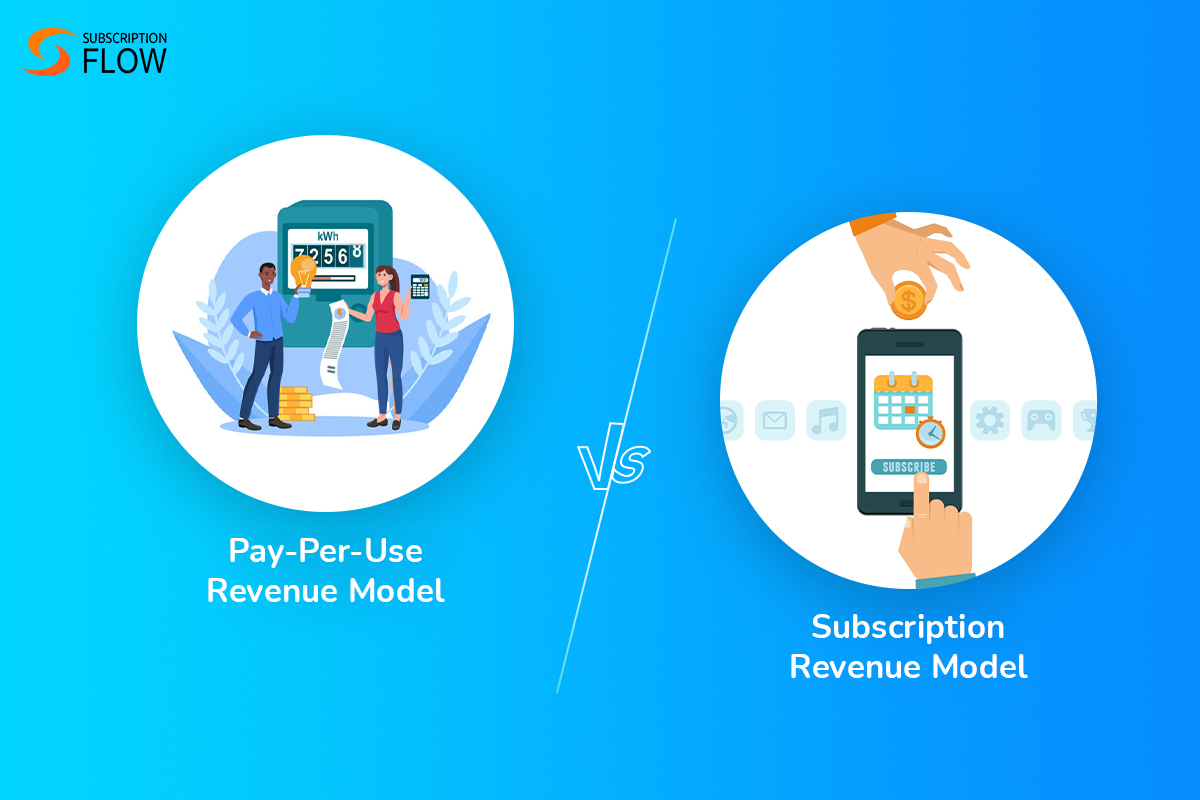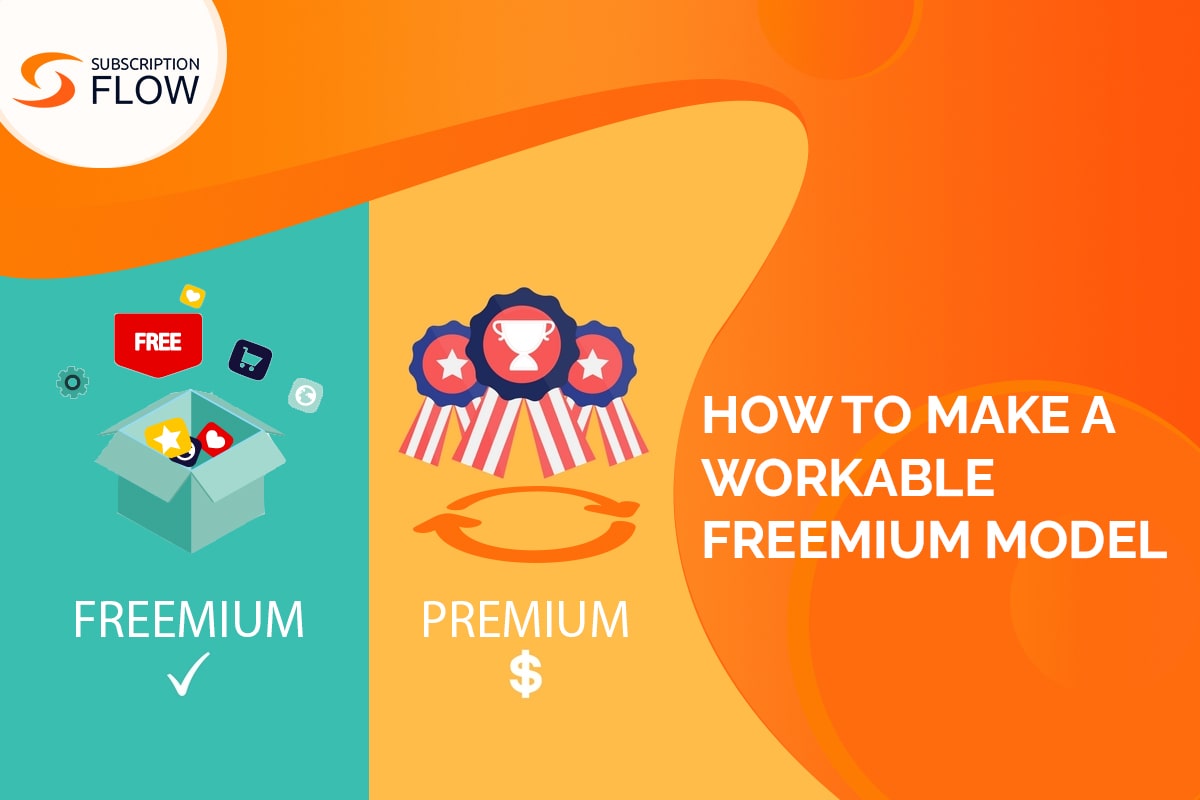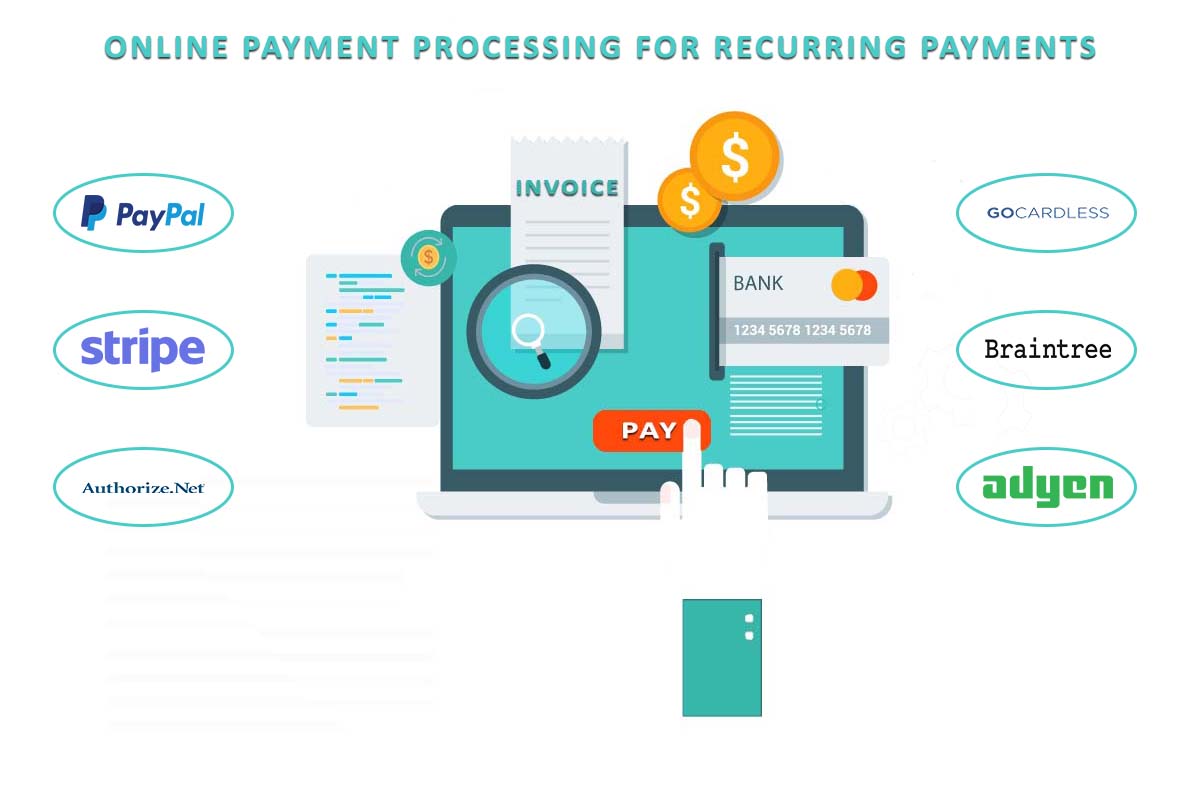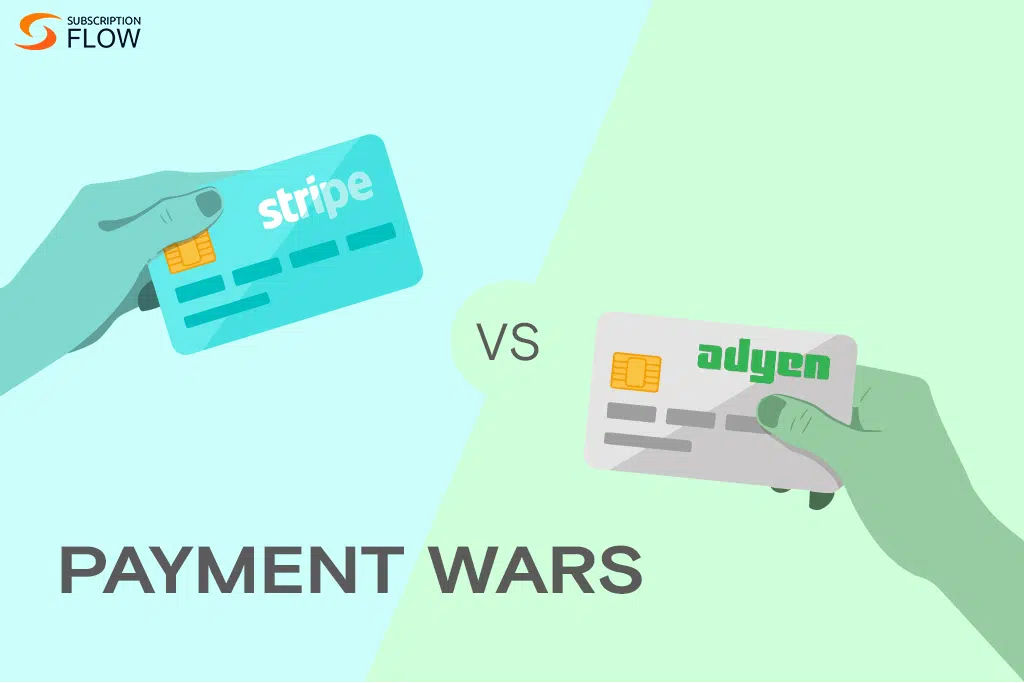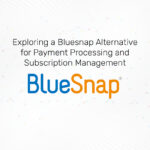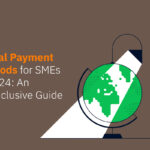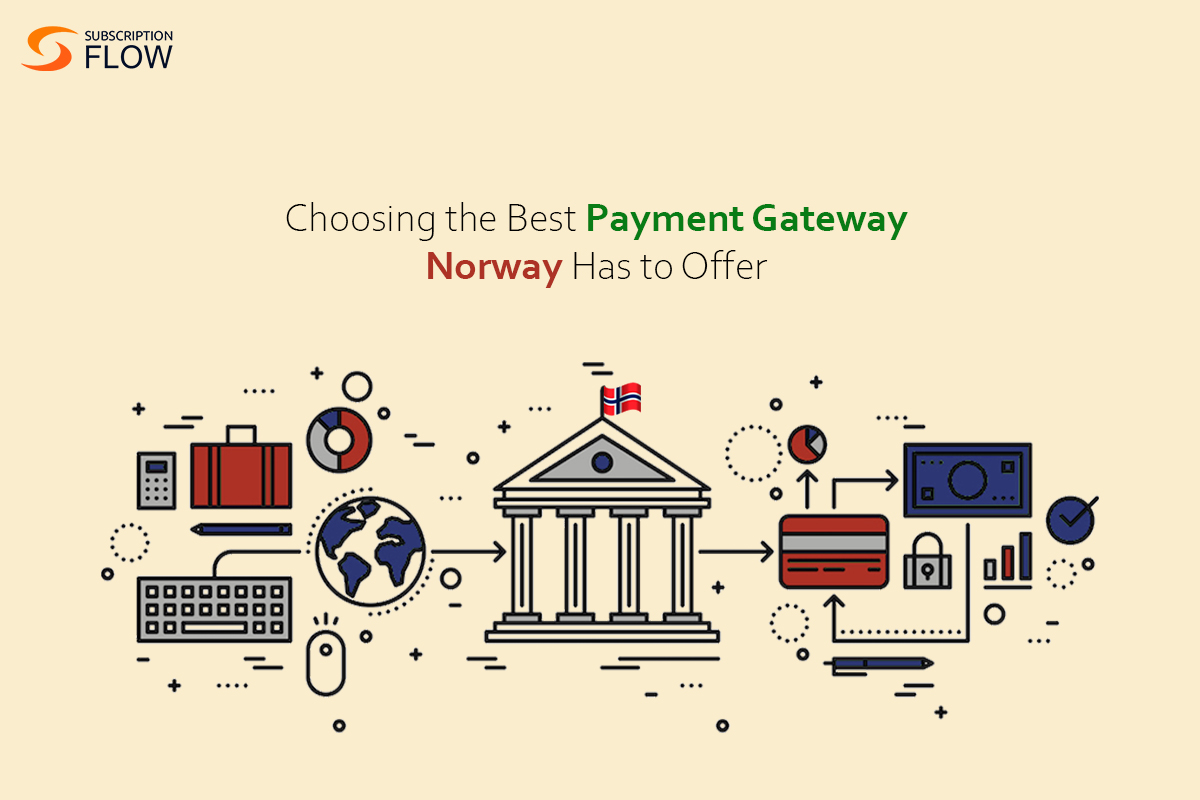
Choosing the Best Payment Gateway Norway Has to Offer
Norway is one of the unique economies in the world that have gone almost entirely digital; having one of the world’s lowest physical cash rates, with around 3-5% of point-of-sale transactions paid for in cash. Thus, payment gateways become an essential way to conduct business.
A payment gateway is a secure online service that facilitates and processes electronic transactions, allowing businesses to accept payments from customers through various channels, such as credit/debit cards, digital wallets, and bank transfers.
In essence, it acts as a bridge between the customer, the merchant’s website or application, and the financial institution, ensuring the secure transfer of payment information and enabling seamless transactions.
So, if you’re a Norwegian business owner looking to find the best payment gateway Norway has to offer, keep reading!
Stripe
Stripe is one of the most popular payment gateways in Europe and a household name for secure digital transactions for a reason. The platform enables you to accept credit and debit card payments, create recurring subscriptions, and use Klarna’s Buy Now Pay Later business model. Stripe also supports Apple and Google Pay, allowing customers to pay with a single tap in your store.
Stripe is available in 46 countries, including Norway, the United States, Canada, the United Kingdom, Australia, and Japan. You can integrate popular EU payment methods into your store, such as giropay, SEPA, iDEAL, Sofort, Klarna, and Alipay.
Transaction Fees (Norway)
Domestic Cards: 2.4% + 2kr for Norwegian and European Economic Area cards
International Cards: 3.25% + 2kr
Best Feature
One of the best features of Stripe is its unparalleled level of simplicity and ease of use. With its developer-friendly API and well-designed user interface, Stripe has managed to streamline the complex process of online payments, making it incredibly straightforward for businesses of all sizes to integrate and manage their payment systems seamlessly. This simplicity extends to its robust documentation and extensive set of tools, allowing developers to effortlessly implement Stripe’s services into their applications, websites, and platforms.
Moreover, Stripe’s versatility in accepting various payment methods, including credit cards, digital wallets, and bank transfers, empowers businesses to cater to a wide range of customers globally. Overall, the user-friendly nature of Stripe has set a new standard in the payment processing industry, making it a top choice for both established enterprises and startups alike.
Mollie
Mollie is a leading fintech company that provides payment solutions for online businesses, enabling them to accept various payment methods effortlessly. Founded in 2004 in the Netherlands, Mollie has rapidly grown into a prominent player in the European payment industry.
The company’s primary goal is to simplify the complexities of online transactions, allowing merchants to focus on their core business operations while offering customers a seamless payment experience.
Mollie’s platform offers a wide range of payment options, including credit card payments, digital wallets like PayPal and Apple Pay, bank transfers, and various local payment methods specific to different European countries.
Transaction Fees: Percentage differs based on transaction methods + 0.25€/transaction.
Best Feature
Their user-friendly API and developer tools make integration smooth for businesses of all sizes, from startups to established enterprises. Furthermore, Mollie ensures secure and compliant payment processing, maintaining high standards of data security and fraud prevention to protect both merchants and their customers.
With its innovative and customer-centric approach to payment solutions, Mollie has become a trusted partner for thousands of businesses across Europe, contributing significantly to the growth of the e-commerce industry in the region. Thus, it is no wonder that Mollie is quickly becoming one of the best payment gateways in Norway.
Read more: Payment Gateway Faceoff: Mollie Vs Stripe –Unveiling the Key Differences
Klarna
If you sell in Norway, or if you intend to extend your business to Europe (and the northern hemisphere), you can integrate the Klarna payment option into your subscription management solution. Klarna enables the Buy Now Pay Later (BNPL) business model, which is a flexible payment method that allows your clients to pay for their orders right away or later, in full or in instalments.
Offering many payment methods in your online store will help you gain more customers and enhance checkout conversions.
Klarna is a quick and reliable payment gateway that allows you to accept a wide range of payment methods from around the world, including credit and debit cards, mobile wallets, and dozens of additional alternatives your consumers choose.
Transaction Fees (Nordics): 2.99% + €0.40 for all payment methods
Best Feature
One of Klarna’s best features is its flexible and convenient payment options, specifically the “Pay Later” and “Slice It” services. These innovative solutions allow customers to shop online and defer payment or split their purchases into manageable instalments, providing a more budget-friendly and seamless shopping experience.
Klarna’s ability to provide these user-friendly and customer-centric payment alternatives not only enhances the shopping experience but also helps boost conversion rates for merchants. As a result, Klarna has earned a reputation as a game-changer in the e-commerce industry, making it a preferred choice for both consumers and businesses alike.
SEPA
SEPA stands for the Single Euro Payments Area, and it is a payment integration initiative designed to facilitate seamless and standardized euro-denominated transactions across participating European countries. Established in 2008, SEPA was developed by the European Union (EU) and the European Payments Council (EPC) to create a unified payment market within the Eurozone and a few non-Eurozone countries.
SEPA enables individuals, businesses, and other organizations to make cross-border euro payments as easily and efficiently as domestic payments, eliminating the need for separate bank accounts in each country. It simplifies bank transfers, direct debits, and card payments within the SEPA region by using common standards and procedures.
Transaction Fees
Almost all SEPA transfers are free of charge. Banks that accept SEPA payments are either part of a network of intermediate banks that allow for seamless cross-border transfers, or they have direct commercial links with other banks, making SEPA transfers comparable to local transfers.
Best Feature
Key features of SEPA include the use of International Bank Account Numbers (IBANs) and the standardization of payment formats, which make transactions more transparent and cost-effective. This harmonization of payment systems fosters increased competition, enhances market efficiency, and promotes financial integration among SEPA countries.
Overall, SEPA plays a significant role in fostering economic and financial cooperation within Europe, contributing to a more interconnected and unified European payment landscape.
READ MORE: SEPA Recurring Payments to Drive Subscription Success in Europe
PayPal
PayPal is probably the biggest name on this list, and some would argue is simply the best payment gateway for Norway as well. It boasts several distinguishing features that have contributed to its popularity and success. One of its most significant distinguishing features is its global reach and acceptance.
Transaction Fees (Norway):
2.80 Norwegian krone/personal transaction (international transfers and donations rate vary, they can easily be accessed on PayPal’s official website)
Best Feature
PayPal is available in over 200 countries and supports transactions in multiple currencies, making it a versatile choice for international businesses and customers alike. This extensive coverage allows users to send and receive money, shop online, and conduct business across borders with ease, fostering a borderless payment experience.
Moreover, PayPal’s widespread adoption across various e-commerce platforms and websites further cements its position as a trusted and reliable payment solution worldwide.
Another distinguishing feature of PayPal is its robust buyer and seller protection policies. PayPal offers buyer protection, which safeguards customers against unauthorized transactions, items not received, or items significantly different from their descriptions.
This policy helps build trust between buyers and sellers, encouraging customers to make purchases with confidence. For sellers, PayPal’s Seller Protection program offers coverage for eligible transactions, protecting them from certain fraudulent chargebacks and unauthorized claims.
Read More: Payment Wars 1.0: Stripe vs PayPal
Final Word
This is a hard verdict to pass given how all the payment gateways listed here have distinguishing features which can help Norwegian businesses expand both domestically and internationally. It is also largely dependent on which payment needs you want your payment gateway to deliver.
However, if we have to crown the best payment gateway in Norway, as an overall rating it would have to be Stripe given its user-friendliness and approach to increasing access. At SubscriptionFlow, we offer all the above-mentioned integrations including Stripe to take your digital business to new heights.
Book a demo with us to find out more!
